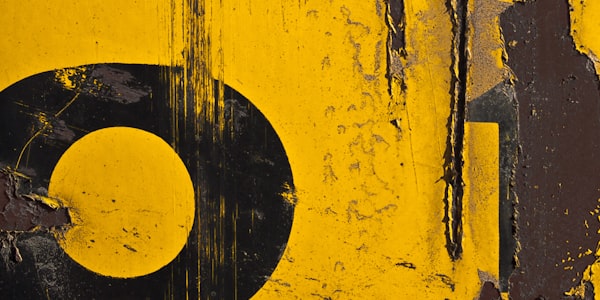I realized my source giving last Friday as the date for the Platter High Five tasting was somewhat off the mark when Pieter du Toit asked me to drop off two Cederberg High Five contenders at the Vineyard Connection in Stellenbosch on Tuesday. Either that or it was a rerun of last year’s High Five Fiasco when several Waterford wines were omitted from the High Five Finale because of slow Somerset West electrons snarling up e-mail messages between taster and editor. The charming VC ladies were, well charming, even if they were hoping for four bottles, the extras presumably for own consumption.

I learnt a lot in the Cederberg and Pieter, who has every copy of the Platter guide ever printed – including that rara avis indeed, an Afrikaans edition – inadvertently provided me with another reason for having Sour Grapes published by Tafelberg. They were the publishers of the Afrikaans Platter and a much better fist they made of it than the English edition that year.
Paging through early Platters, one is struck by the genteel politeness of wine writing back then and how reassuring to see French First Growths rated five stars, even if it was done sighted. How totally random if today’s High Five Finale featured First Growths – and how many would get the nod from this year’s pundits as the High Five Finale is performed blind?
Of course fear of getting the wrong answer is the motivation behind the adoption of the “seeded player” strategy in blind tastings by some local wine pundits. The more you think about it, the more you realize it is a travesty and a fiasco. “An inverted pyramid of piffle” as the mayor of London, Boris Johnson, called (true) allegations he was having an affair with Spectator columnist Petsy Wyatt.
A friend summed it up thus: “seeding wines is an abomination, whatever the argument, there is no merit to it and it makes no sense. This approach is nothing else but a devious mechanism to favour and preclude (pre-determined) nominated wines from scrupulous assessment; it obviously prevents wine judges from expressing their views for the sake of informing the consumer public on the real and true standing of any wine; by implication it protects weak wine judgment decisions; it makes a mockery of the principle of wine ‘competitions’ which, in case nobody has noticed, goes about wineries actually competing through their wines, and which must be conducted in a fair and objective manner, with a level playground applying to al participants; and it places a huge question mark on the integrity of any accolade awarded in such dubious fashion. An outstanding wine can only be nominated through impartial, that is unsighted evaluation.”
Another friend noted “the real tragedy is that even worthy winners are besmirched by the process when it is perceived as manipulated.” The time is fast approaching when producers will have to make a stand on seeded player tastings. Word from the Chenin Blanc Association, the Sauvignon Blanc Interest Group, Chardonnay Forum, Méthode Cap Classique Producers’ Association, Muscadel SA and Pinotage Association is awaited with interest.



